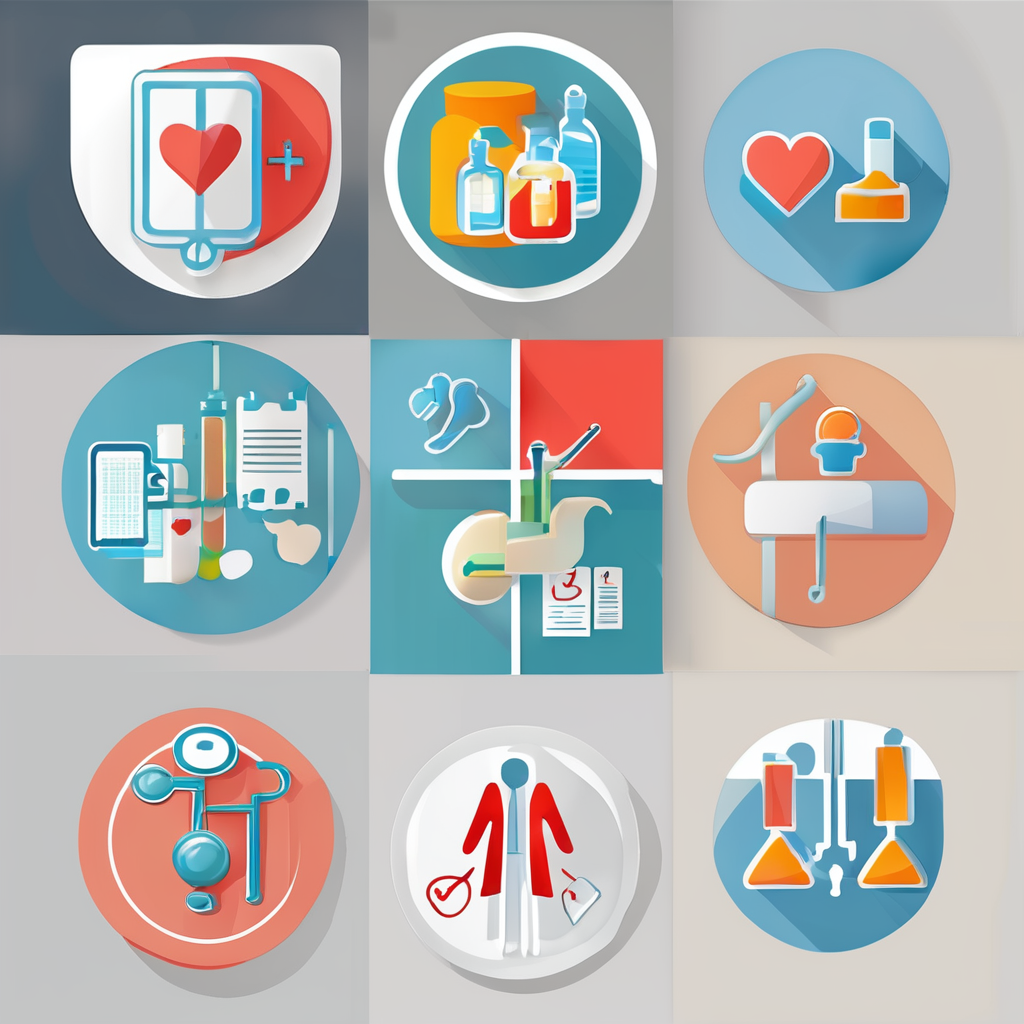Key Vitamins for Eye Health
Maintaining eye health as we age is paramount. Vitamins play a crucial role, with vitamin A, vitamin C, and vitamin E at the forefront. These essential nutrients contribute significantly to vision maintenance and overall eye care.
Vitamin A: Role and Sources
Vitamin A is indispensable for good vision. It’s particularly crucial for maintaining the health of the retina, which is responsible for transforming light into nerve signals. Sources of vitamin A include liver, carrots, and leafy greens. It not only aids night vision but also supports the functioning of the cornea and conjunctiva.
In the same genre : Harnessing Serenity: How Pet Therapy Alleviates College Students’ Anxiety
Vitamin C and vitamin E are potent antioxidants that guard the eyes against damage from free radicals. This protection is essential for maintaining the integrity of cells in the eyes. Citrus fruits, strawberries, and bell peppers are excellent vitamin C sources, while nuts, seeds, and spinach are rich in vitamin E.
These vitamins work synergistically to combat oxidative stress, a major factor in age-related eye conditions. Ensuring adequate intake of these nutrients is vital for long-term eye health. Including a variety of these food sources can support not only visual wellness but also broader health benefits.
Additional reading : Cleanspiracy: the surprising truth behind sustainable cleaning solutions revealed
Research and Scientific Backing
In the realm of eye health studies, there has been significant attention to the role of vitamins in preserving vision. Recent research underscores how certain vitamins contribute to maintaining eye function, particularly as people age. Eye health experts emphasize that these nutrients are not just beneficial but essential for preventing age-related optical decline.
Studies consistently show that vitamin benefits are profound. For instance, research highlights the protective effects of vitamins C and E against cataracts, a common condition in aging populations. These antioxidants neutralize free radicals, reducing cellular stress on ocular tissues. Moreover, vitamin A is crucial for retinal health, a discovery continually supported by scientific inquiry.
Aging research further indicates that regular vitamin-rich diets can mitigate risks of macular degeneration, the leading cause of vision loss in the elderly. Reports reveal that those who maintain adequate vitamin intake are less likely to develop advanced stages of this condition.
Conclusively, integrating these nutrients into daily routines is vital. Continued investigation by experts assures that understanding vitamin benefits will remain pivotal in eye health conversations, highlighting their role in comprehensive care strategies.
Recommended Daily Allowances
The Recommended Daily Allowances (RDAs) for key vitamins vital for eye health vary based on age and lifestyle. Understanding your daily vitamin intake needs is crucial for maintaining optimal eye function. Vitamin A is pivotal in supporting vision, with RDAs set at around 900 mcg for men and 700 mcg for women. It facilitates good vision and is indispensable for the retina.
To meet your daily vitamin intake, consuming foods rich in these nutrients is recommended. For vitamin C, the RDA is approximately 90 mg for men and 75 mg for women. Including citrus fruits and vegetables can efficiently meet this need. Vitamin E is another critical component, with RDAs of about 15 mg for both men and women, obtainable through nuts and seeds.
Personal dietary recommendations may differ, especially considering lifestyle and health conditions. Therefore, consulting a nutritionist can help create a tailored plan, aligning with your specific vitamin requirements for eye health. Various vitamins contribute not only to visual wellness but also bolster overall well-being when consumed adequately. Tracking these vitamins through diet or supplements can ensure you meet eye health guidelines comprehensively.
Incorporating Vitamins into Your Diet
Incorporating essential vitamins for eye health into your daily meals is crucial, yet achievable with a few adjustments. Begin by prioritising food sources rich in vitamin A, such as carrots and leafy greens. These are convenient options that can easily blend into salads or soups.
For those in need of vitamin C, integrating more citrus fruits like oranges or grapefruits can boost its intake significantly. These fruits make perfect additions to breakfasts or snacks. Add bell peppers to stir-fries for an extra splash of this protective nutrient.
If you’re looking for vitamin E, consider including a variety of nuts and seeds in your meals. Almonds and sunflower seeds can be sprinkled over cereals or used as a quick, nutritious snack, ensuring steady vitamin benefits.
When dietary avenues fall short, supplements can bridge the gap. Look for multivitamins tailored to eye health needs, but consult with a healthcare provider first to determine what’s suitable for you.
Cooking enthusiasts might enjoy exploring recipes that balance these vitamins, such as spinach salads topped with citrus slices and nuts, offering an exciting, flavourful way to support overall eye health.
Eye Health and Lifestyle Factors
While pursuing optimal eye health, lifestyle choices play a critical role alongside vitamin intake. Daily behaviours, such as maintaining balanced nutrition and incorporating regular physical activity, significantly influence one’s vision health. Preventive measures are equally vital, helping in the reduction of risk factors associated with eye diseases.
To complement a vitamin-rich diet, consider integrating protective eye care practices into your routine. Wearing protective eyewear during outdoor activities shields your eyes from harmful UV rays, a crucial preventive step. Taking regular breaks from screens, a practice guided by the 20-20-20 rule (every 20 minutes, look at something 20 feet away for 20 seconds), can reduce digital strain on the eyes.
Lifestyle factors extend beyond diet and physical activity; they encompass comprehensive health habits. Regular eye exams are essential, allowing for early detection of potential issues. Consulting with a healthcare provider ensures a tailored approach, aligning with personal vision and wellness goals.
Eye care best practices, such as staying hydrated and getting adequate sleep, support overall eye function. Mindful integration of these preventive measures complements a vitamin-rich regime, enhancing eye health longevity and reducing the prevalence of eye conditions.

